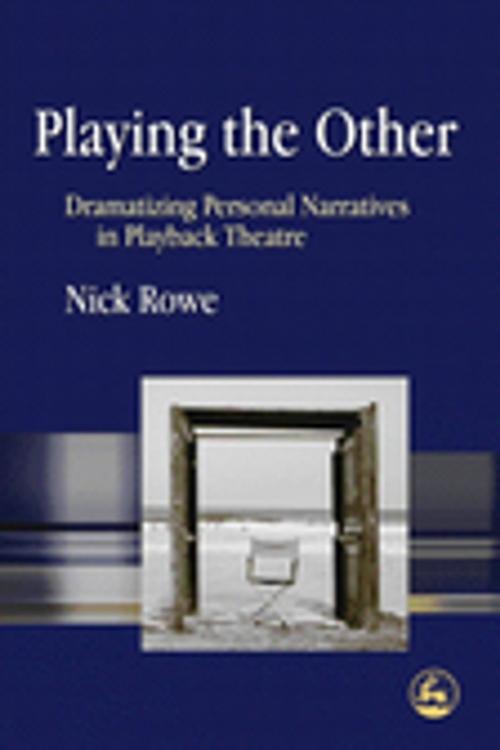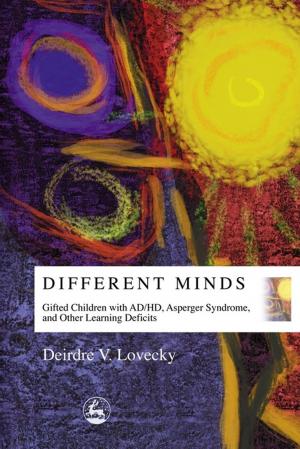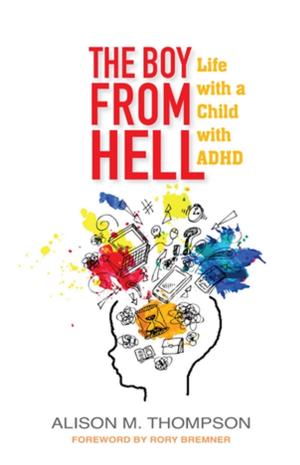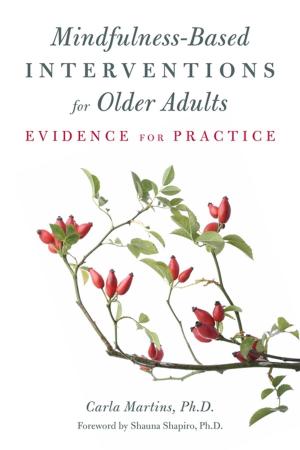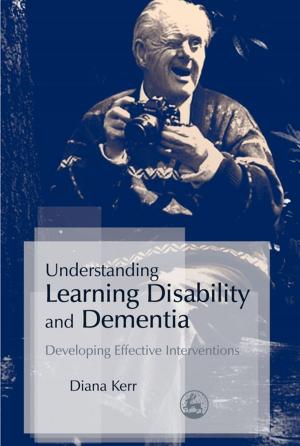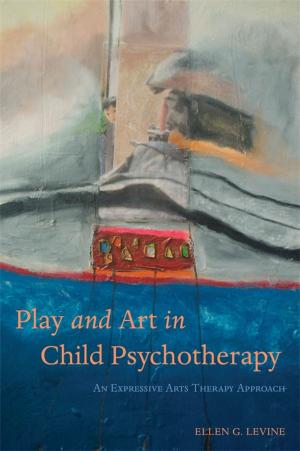Playing the Other
Dramatizing Personal Narratives in Playback Theatre
Nonfiction, Health & Well Being, Psychology, Psychotherapy, Entertainment, Drama, Medical| Author: | Nick Rowe | ISBN: | 9781846425820 |
| Publisher: | Jessica Kingsley Publishers | Publication: | January 15, 2007 |
| Imprint: | Jessica Kingsley Publishers | Language: | English |
| Author: | Nick Rowe |
| ISBN: | 9781846425820 |
| Publisher: | Jessica Kingsley Publishers |
| Publication: | January 15, 2007 |
| Imprint: | Jessica Kingsley Publishers |
| Language: | English |
This book is an exploration and critique of 'playback theatre', a form of improvised theatre in which a company of performers spontaneously enact autobiographical stories told to them by members of the audience.
With more than ten years' experience as an actor with Playback Theatre York, the author introduces the reader to the basics of playback theatre within a historical and theoretical context. The history and development of the form is traced, from its conception in the late 1970s to its subsequent growth worldwide, and its relationship to the psychodrama tradition from which it has evolved is discussed. Through an examination of playback performances from the perspectives of performers, `tellers' of their stories and the audience, the author critically explores the nature, implications and ethics of the performers' response to the teller's experience, how notions of the public and personal are constructed, and the risks involved in improvising a response to a member of the audience's story.
Playing the Other will be essential reading for drama students, dramatherapists and all those interested in the history and use of the theatre.
This book is an exploration and critique of 'playback theatre', a form of improvised theatre in which a company of performers spontaneously enact autobiographical stories told to them by members of the audience.
With more than ten years' experience as an actor with Playback Theatre York, the author introduces the reader to the basics of playback theatre within a historical and theoretical context. The history and development of the form is traced, from its conception in the late 1970s to its subsequent growth worldwide, and its relationship to the psychodrama tradition from which it has evolved is discussed. Through an examination of playback performances from the perspectives of performers, `tellers' of their stories and the audience, the author critically explores the nature, implications and ethics of the performers' response to the teller's experience, how notions of the public and personal are constructed, and the risks involved in improvising a response to a member of the audience's story.
Playing the Other will be essential reading for drama students, dramatherapists and all those interested in the history and use of the theatre.
